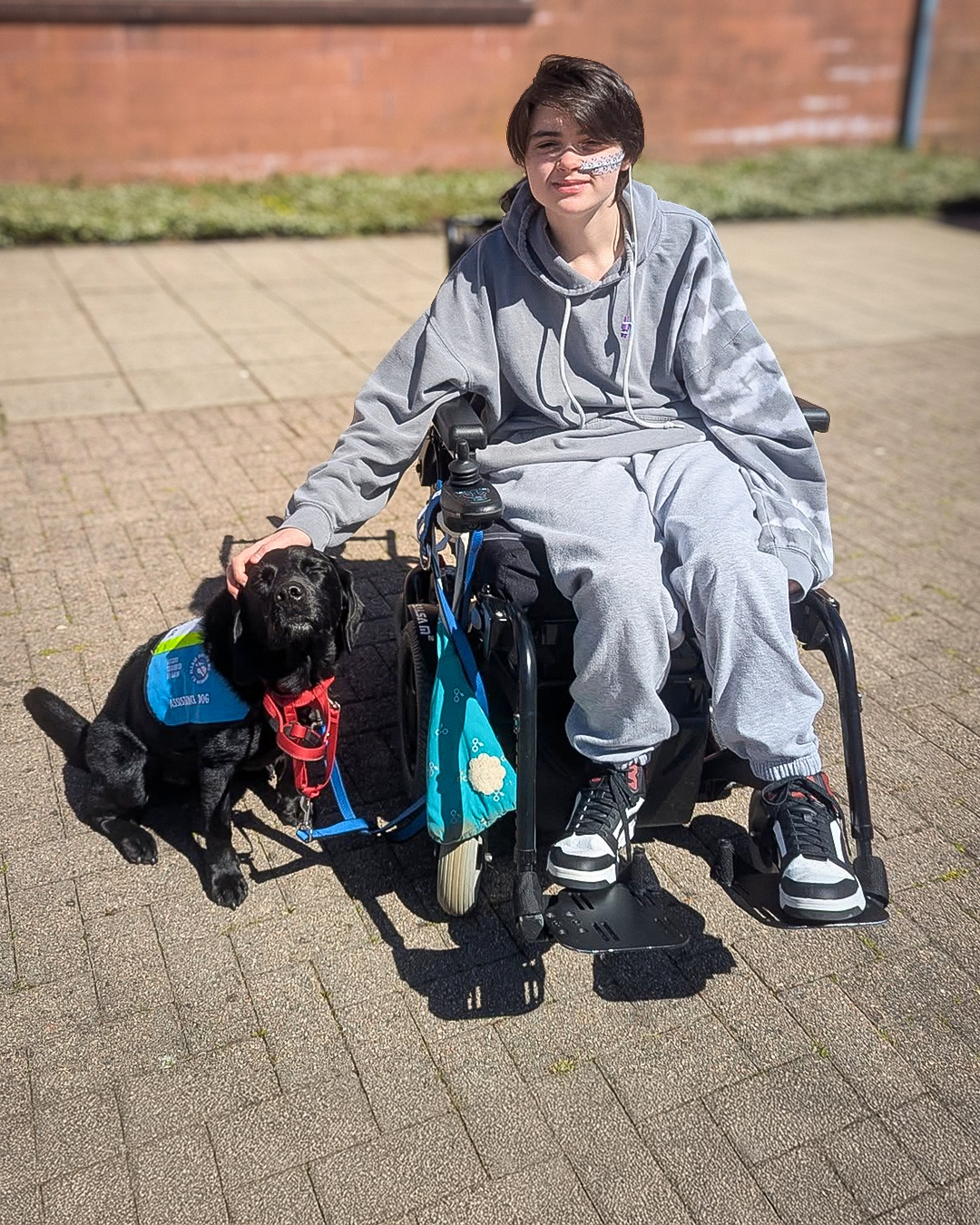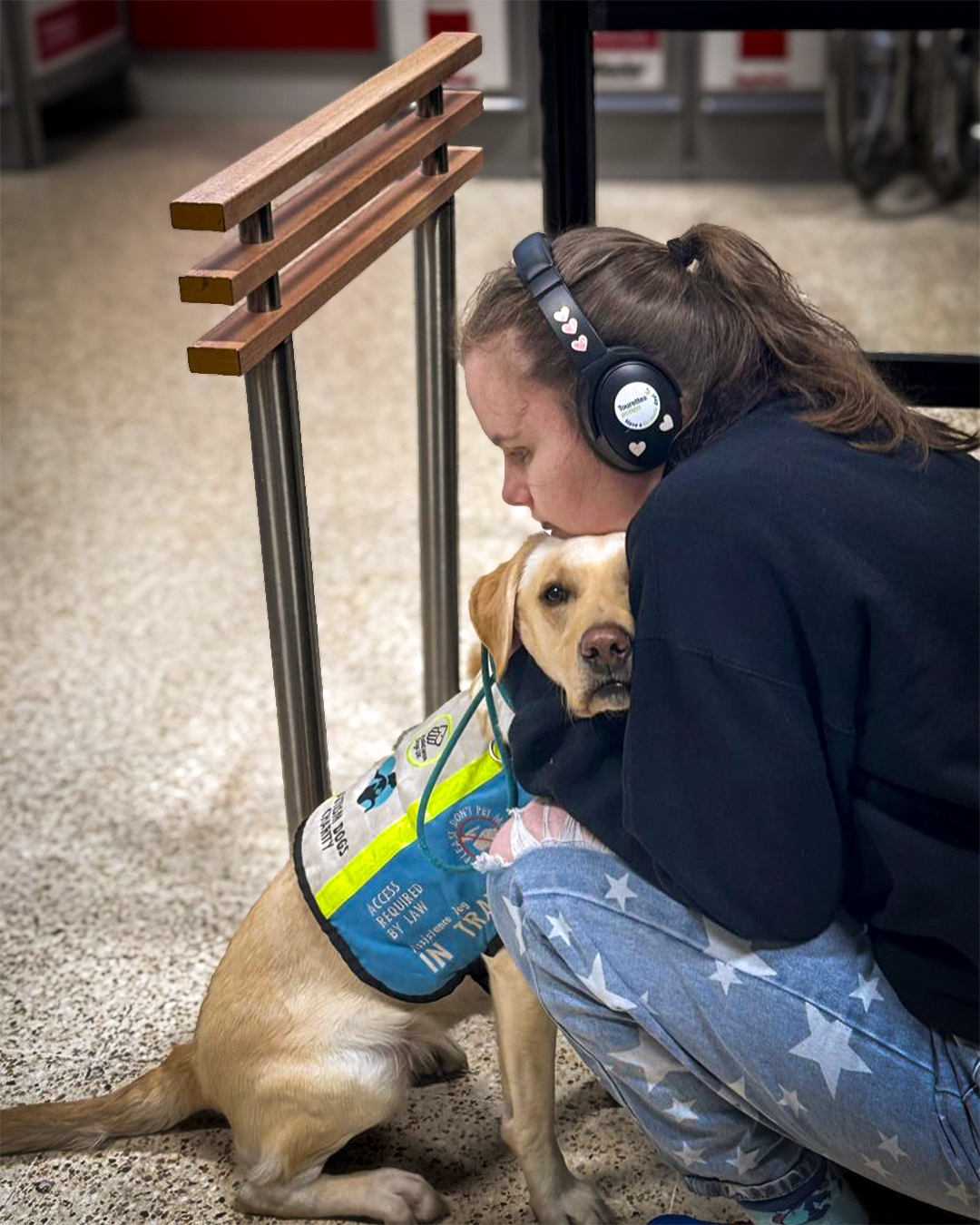Like this page? Share it with your friends!
Autism assistance dogs are increasingly recognised not just for their companionship, but for the meaningful therapeutic support they provide to autistic individuals, both adults and children. At Autism Dogs Charity, we’re often asked, “Could an autism assistance dog help me or my child?” This blog explores that question with the latest insights from clinical professionals and real-world experiences from our community.
Our autism assistance dogs are trained to support a wide range of needs. Depending on the individual’s profile, a dog may:
Each dog is carefully matched and trained to suit their handler’s unique challenges and lifestyle.

There is a growing body of peer-reviewed research that confirms what many families already feel: autism assistance dogs offer tangible psychological and functional benefits.
“There is growing scientific evidence supporting the psychological and functional benefits of autism assistance dogs for autistic individuals, particularly children,” say Dr Zoe McGovern and Dr Jessica Donohoe, Clinical Directors at the Autism Assessment Hub.
Clinical research shows measurable outcomes such as:
What makes these results so powerful is their impact on everyday life — reducing distress and helping children feel safer, calmer, and more connected to the world around them.
Dr McGovern and Dr Donohoe add:
“We hear first-hand in our assessment and post-diagnostic service how autism dogs can offer unconditional companionship, facilitate positive social inclusion, and help children manage sensory environments that would otherwise be overwhelming.”
“Children often tell us their dog helps them feel in control — they’re not just surviving their surroundings, but thriving with the help of their dog.”
“These dogs also encourage consistency through daily routines — which creates a sense of safety and predictability that’s especially important when everything else feels uncertain.”
To be considered for our programme, applicants must:
We assess each application individually to determine whether a dog is likely to provide meaningful support for the handler. Our multi-phase programme includes family training, therapeutic input, and long-term aftercare — because successful partnerships don’t end at delivery, they grow over time.
If you’re considering this path, we encourage you to explore our programme guide or get in touch. And if you're looking for a diagnostic pathway or support following an autism diagnosis, the Autism Assessment Hub is an excellent resource.
Autism assistance dogs change lives. With clinical backing and years of practical experience, we believe in the power of dogs to calm, connect, and empower autistic individuals. Could one help you or your child? Let’s find out together.
